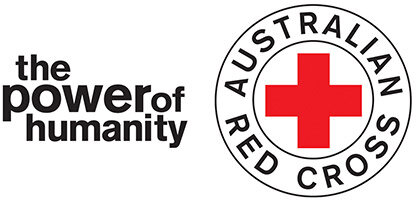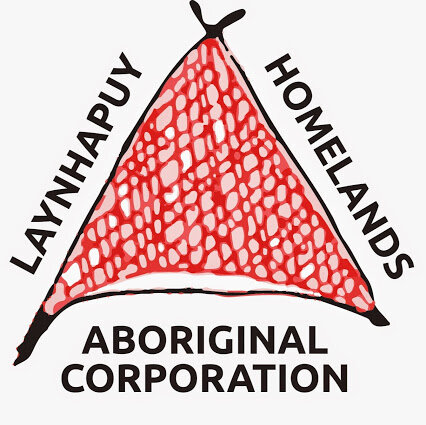Our approach
Start with the Yolŋu way first
In all of our work, we utilise a unique approach that has been developed and honed over the many decades we have worked with Yolŋu communities. Our approach is founded upon genuine and in-depth learning between Yolŋu and Balanda worldviews and incorporates a contemporary understanding of culturally competent practice. By combining this skilled cross-cultural practice with adept language work, we are able to effectively facilitate meaningful communication across cultures.
Our purpose
Yolŋu languages, including all clan languages, are strong and passed on from each generation to the next
Yolŋu Rom is strong, passed to the next generation, and respected by Balanda systems
Increasing Yolŋu control of all aspects of Yolŋu life, through equal and genuine access to information, resources and decision-making
To celebrate and share stories of Yolŋu strength and identity
Our work
Community development & empowerment under the guidance of local ŋalapaḻ, we work across health, law, governance, healing and trauma and many other areas of life to build local capacity, confidence and control.
Yolŋu region language centre — our team supports local language custodians in keeping language strong. This includes through intergenerational language transmission activities, resource development, language documentation, translation, training and language advocacy.
Yolŋu Radio — broadcasts in 21 locations, including 14 homelands. We create a range of creative media products and activities that celebrate Yolŋu identity and strength and provide access to crucial information and stories in people’s first languages.
Why is ARDS’ approach important?
Like people of all cultures, Indigenous and non-Indigenous people have particular ways of understanding the world and ways of operating in the world. The differences between these cultural worldviews is often much larger than many people realise.
Yolŋu consistently say that understanding mainstream services and systems is difficult, due to deep cultural differences in the underlying concepts associated with them. They regularly express the desire for non-Indigenous people and organisations to communicate with in a clear, comprehensive and culturally relevant way. Community members voice the desire for a deeper explanation in order to make informed decisions, and be better able, on their own terms, to engage and benefit from the services available to them.
Conversely, mainstream agencies can experience many difficulties when attempting to effectively communicate. It can be easy to underestimate the depth of cultural difference and the degree to which people aren’t understanding each other. Programs and services rely on genuine engagement for success, and in the complex cross-cultural and multi-lingual environments of Aboriginal communities this requires expert knowledge and skills.
Where does this gap in understanding come from?
Traditional understandings about health, law, social and ethical obligations, governance and economics stem from thousands of years of living in societies which depended upon traditional healers, Indigenous law and ceremony, kinship responsibilities, community and clan leadership structures and foundational cultural values, for the creation a prosperous and harmonious society.
Mainstream Australian systems regarding health, law, governance and economics, are a reflection of the cultural values and long history of European development. The relatively short time that Indigenous and non-Indigenous people have been in contact with each other in Australia, means that awareness and understanding of each other, from both perspectives, is still in its infancy.
Plain English
As part of our approach, we explore words in English which are central to the topic, and then facilitate a process by which Indigenous people can determine which word(s) in their own language might be the best equivalent. This is essential, as if Indigenous people who do not speak English as their first language cannot find a way to ‘translate’ the English for themselves, then the meaning of the English word will remain clouded. In our work, we have found that this is a key reason why Indigenous people find the information shared by non-Indigenous people to be confusing or meaningless.
Incorporating Indigenous languages is central to our success. In comparison to other languages around the world, Indigenous languages in Australia have only recently come into contact with English, meaning it’s not always straightforward to find the right ways to translate between the two languages.
We would like to thank all our sponsors and clients for their support




















